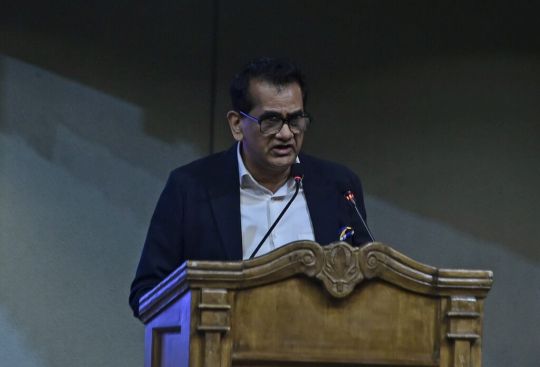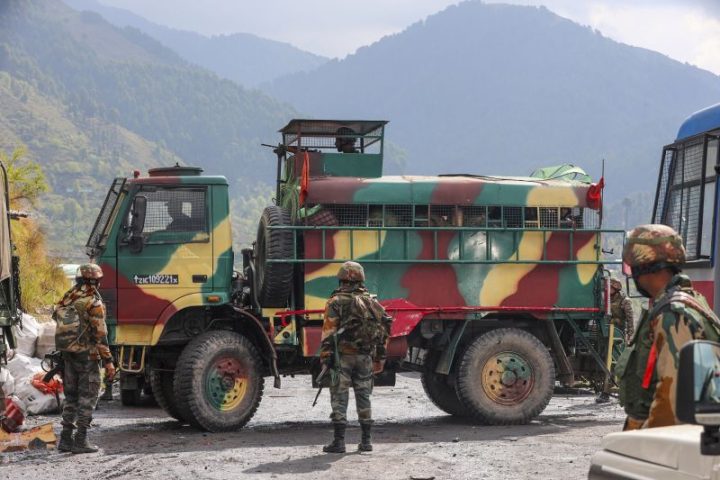Srinagar: The Central Administrative Tribunal here has held that unless an employee is relieved of duties after acceptance of the offer of voluntary retirement from service (VRS), the jural relationship between the employer and the employee does not come to an end.
The observations were held in the case of a former employee of the All India Radio (AIR), Nayeema Ahmad Mehjoor. The lady after 20 years of service in AIR had in February 1999 sought for VRS with effect from June 21, 1999. But subsequently she requested that her application for VRS be withdrawn.
However, the then Director General AIR in March 2000 passed an order that declined the request of the applicant for withdrawal of notice of VRS. Thereupon, the VRS of the broadcaster was affected from April 01, 2000.
Aggrieved by the order, she approached different foras and the matter landed in the Supreme Court of India. The apex court sent the matter to CAT with a direction to decide the matter on merits and hear the contending parties.
The Tribunal this week passed an order that quashed the March 2000 orders passed by the Director General, AIR. Upholding an apex court judgment on a similarly situated matter, the CAT recorded that unless the concerned employee is relieved of duties after acceptance of the offer of VRS or resignation, jural relationship of the employer and the employee does not come to an end.
It said “the VRS of the applicant was to be given effect from 01.04.2000 and the request for withdrawal was dated 10.01.2000”. It held “the respondents could not have refused to accept the withdrawal letter of the applicant as it was sent before the jural relationship of the applicant came to an end”.
The Tribunal said the applicant woman has not received any of the pensionary benefits but eschewed payment of salary till date of superannuation in her favour. “The applicant is held not entitled to the arrears of salary on the principle of ‘no work no pay’ since she had not actually worked during that period,” it ruled adding “however, that period shall be counted for the purpose of calculation of pension to be computed by the respondents in accordance with rules”.
It continued “since the applicant has been litigating for the past 24 years it is expected that the respondents will do the needful with due dispatch, preferably within a period of 10 (ten) weeks from the date a copy of the judgment is served upon the respondent department”.
In the facts and circumstances of the case, no costs were ordered up on AIR as prayed by the ageing lady who had the capital and wherewithal to fight her battle for 24 long years.











